I was a big sports fan growing up.
About Ramona Shelburne
Ramona Shelburne is a journalist based in Los Angeles.
HOMETOWN: Los Angeles, California
EDUCATION: Stanford
OCCUPATION: Writer
Read More
I played softball all the way through college and played club soccer all the way through high school. Growing up, I always read Jim Murray and Bill Plaschke in the LA Times. I watched SportsCenter with my dad and watched every Dodger game.
Was I a journalism person? Maybe not. I was more of a sports fan. I didn’t grow up wanting to be a journalist. How did I know I wanted to be a writer?
I really didn’t.
I played college softball at Stanford and I basically said “I should have a job after this.” I knew I wasn’t going to be a professional softball player, obviously. At one point, I thought I was going into politics. I wanted to be C.J. Cregg from “West Wing.” Then I thought maybe I wanted to be an anthropologist, and I was going to go be like Indiana Jones.
So, it was my sophomore year, and I went and did the Stanford Daily. I just rode my bike over there and I really didn’t have any plan of what I was doing, it was just, go do it. That first year I liked it, I wouldn’t say I fell in love with it. I covered the Stanford golf team, so I wouldn’t say that it was thrilling.
I interned at the Daily News after my sophomore year, and then I interned at Sports Illustrated for Women after my junior year. At that point I thought, I like doing it, but I was still just trying it out. Then I worked for this film company in the valley for a year, and it just wasn’t the right speed for me. You do so much work on development, I would work for months on something and then we would go into a pitch meeting, and that was it.”
I ended up back at the Daily News, and the first few years, I had a lot of people that I would write like, people that I looked up to. I would try to mimic their style. For example, I really liked the way that Howard Beck wrote. He was one of my mentors. Beck covered the Lakers when I was at the Daily News, and he would really teach me how to do things.
In terms of mimicking their style, I didn’t even know that I was doing it consciously, just those were your influences so you kind of write like them. Then, eventually, I got to the part where I wasn’t just mimicking someone, I was writing my in own style and voice.
Part of the initial problem was that everything I was writing was almost epic, like it had to be a ten. So, sometimes I’m out there covering a high school softball game, and I’m writing this game like a ten. I remember reading that and I kind of realized, “Who is my audience here. Does my audience need an epic story, or is my audience mostly just people who care about softball in the Los Angeles area?” My audience really just needed to know the basics: who got the base hit, who got the big RBI, and really just stick to what happened in the game and do it in a fun, entertaining style. I realized that it’s not always about me, the story is about the story, and it’s not always about me trying to prove something or trying to show off anything.
That was a really good, liberating thing because in a lot of ways as a young writer it takes you a while to get there.
Other help came from a writing class I took from a guy named Jack Grapes. He’s a writing teacher in Los Angeles, just fiction stuff. At one point I wanted to write a book so I took his class along with my mom’s screenwriting class. My mom was a screenwriter and she’s a really good writer. She probably is my best editor to this day. I call her all the time.
My mom taught me to always write like your eyes are like the camera. So what I’m writing and describing as a scene is what the camera is seeing. I like to think like that when I’m writing because I think it’s so important to be able to set scenes and take people to places that we are privileged to have the access to go.
I try to write like that, and I also take the advice Jack Grapes gave me. When you really get down into the guts of things, even if it’s an embarrassing detail or things that you would not even admit to your therapist, but you’re writing about stuff that’s really honest and raw and intense, people don’t see you, they see themselves. You’ve got down to the guts where they can see universal truths and they can see things that help things in their life and that they connect to on a human level.
So I always try to do that. I’m a little bit method when I write. In order for me to do a big long story and have a project to take on that I’m going to throw myself into, I really have to connect. Like, During the Kobe Farewell tour, I told my editor “I’m like isolating myself from everyone, I’m lashing out, I’m angry.” That’s not me as a person.
The story that changed the arc of my career was probably the Donald Sterling story. I had been pushing myself to write longer and to break through from being a local reporter and be more national. What that story did, it was sort of like a perfect storm. I’ve always had an interest in law, I took a few law classes when I was in college, and so I wasn’t scared by having to 400 pages of legal briefs. It was also an incredible opportunity to write about the confluence of breaking news, societal change, and athletes finding their voices.
When you see what’s happening right now, with athlete’s speaking out now on political issues and social justice issues, I think a lot of this can be traced back to LeBron James and the Donald Sterling case. Where LeBron James got in front of the microphone the morning after the tapes were released and said, “There’s no place for Donald Sterling in this league.” I mean that was a watershed moment, I think people forget how big of a deal that was for the face of the league to take such a strong stance publicly.” I go back to that, and I was right in the thick of it, and it played to my strengths as a reporter and a writer, but also, I loved it. It had that breaking news pace but there was also moments for great narratives to be told, great stories.
We actually took it out, because we thought it was distracting to the narrative, but I actually did a whole section, a little bit of a meditation, on why this particular scandal happened. What was it about this particular thing that made it go viral, when the other ones didn’t?
I don’t know if it was the fact that it was on tape. In the past, you had heard that he talked like this, that he did things like this, but you never heard him actually say it.
I also think we were at a stage as a country where people were just now getting comfortable with athlete’s giving their opinions on social issues. I think Adam Silver being in that seat, in his first 100 days, actually played a role, like this was a big first test for him. He couldn’t just take a pitch, he had to swing.
It was this incredible confluence of events. I know that when I started writing about it, it was a fascinating look at a man, a city, a generation, a league and the dynamic between players and owners. I think what really struck that chord was the mentality he was articulating. I felt like there was a racial component to that really struck a chord with players to the point that they could not remain silent.
I did a story, it was probably a week after that scandal. I tracked it and I kind of wrote about what it was like and what it meant. It was a real hustle to it, I had to report and write very quickly in real time, and I turned it around and people were like “I want you to do another one of those.”
I remember, it was in the playoffs, and there was a part of me that was like, you know, I want to go cover the playoffs. I remember Henry Abbott, our NBA editor, said “No, you stay on this story. I want to read, like, five of these.”
At one point, Eric Neel, who was my personal editor at the time, said to me, “cover it in real time, and let’s keep talking about where you need to be.” Then he said, “What city do you need to be in? To tell the next story, where should you go?”
I said, “I think I should go to New York, because LeBron is playing against the Brooklyn Nets, and they’re going to be in New York. And the story is also now about the league’s response to this. So I’ll go talk to LeBron, and talk to the league, and that’s now what the story is.”
A lot of it was I really felt like LeBron James was a key actor here, a key character. I felt like Adam Silver was a key character. And then I just stayed on it and I kept reporting in real time and I stayed with the story all the way through. Going to court, dealing with all the lawyers, and dealing with everything that was going on.
So, at the end of all of the accumulation of reporting in real time, and once the scale was completed, it was how do I tell this story from the narrative perspective, and I found myself back in the same place I started.
This was a character story about Donald Sterling. Donald Sterling very stubbornly refusing to bend to anyone’s will but his own. Not to mention the character of Shelly Sterling, who, I mean, I think she’s the unsung hero in all this. When push came to shove, when the NBA needed her to step up and intervene, she’s the reason they were able to sell the team in under the month. If Shelly Sterling didn’t do what she did, we would still be in court.
In terms of mentors, I don’t like words like most important, because I have had so many. Marc Stein has been a great mentor to me. I had a lot of great mentors at the Daily News, like Howard Beck. Eric Neel my editor, and I mean, my spirit animal is my current editor Raina Kelly. I would say she’s really important. Rachel Nichols and I are buddies, Michelle Beadle and I are really good friends.
You have to realize, the world is so different now, verses back then. It was all about getting some clips in the newspaper, you didn’t know who was reading it. We all wrote what we thought people wanted to read or were interested in?
Today, in terms of handling harsh comments through social media, I think that the longer you deal with it, the better you get at it. I think anyone’s lying to your face if they say it doesn’t bother them. When I first started going on TV, it got under my skin, because every time I’m on television somebody says that I’m fat or I look like I smelled a fart or someone asks why ESPN is letting me on there to talk about sports. Don’t check your twitter feed after you go on TV, it’s horrible.
I try to not engage and I try not to look too much, but it’s hard not to. If I do want to have a dialogue with people on Twitter, I want to be respectful, but I’ve scaled back actually in the last few years because I find it counter productive. You think you’re having a real dialogue, but most people who write you the worst stuff are not actually interested.
The person who gave me the best advice, Michelle Beadle, she’s been in the public light for ten, twelve years now where she’s really gotten the brunt of a lot of horrible stuff. If anyone’s taken a lot of that kind of criticism and knows how to deal with it, it’s Michelle Beadle.
Michelle said, “Listen, people are going to say what they are going to say. You’re the one who gives them power by deciding whether or not to engage.”
Women in the media, we get really horrible treatment on social media and we get really nasty things said about us, but I really think it’s important that we are not seen as victims.
People we cover get horrible, nasty, mean things said to them on social media as well. I’ll go into a locker room after a game, and see a bunch of players checking their Twitter feeds, and the stuff somebody says to Dwight Howard, to James Harden, or Kevin Durant or Russell Westbrook is just as awful and horrible as what they say to me, if not more so. The volume that they get is more than we get.
And, this idea that we’re all victims? No. We’re only victims if we allow ourselves to be. What they say is horrible, but unless someone is physically assaulting me, they’re just words, and I’ve really tried to work on not giving them power over me.
It’s kind of the same truth as it is when you’re in elementary school. What do bullies do? They find a spot that you have a soft spot for that you’re vulnerable in, and they pick on it. For me, I know the things that I’m insecure about, I know the things that I feel bad about, and they always tend to pick at those. What they say is basically just echoing things that already feel bad going on in my head, and I have to find a way to get past that. At the end of the day, this is just my life and my career, you know, so why should I let these Twitter eggs get in there and let me feel bad about myself.
Everyone that we cover, everyone that’s a public figure, they get what we’re getting and then some. So, ultimately, I think it’s really important to understand that this is just social media, and that we are not just victims because we are women.
Do I get as much hate and social media abuse than a male sportswriter? Yes. But do I get as much as Kevin Durant? No.
I didn’t even have a cell phone when I started. Who would have thought three years ago that Twitter would be so important, that Facebook sharing would be so important. This stuff is happening really fast, but I tend to think that we all go in cycles. There was an era of yellow journalism. There’s been corrections over and over throughout the course of journalism.
I think right now we’re at a saturation point in terms of quantity of coverage. But, there’s always going to be a demand for quality and I think the next correction is going to be a demand for more quality, better delivery methods, or innovative delivery methods. I don’t know where we end up with that, but I’m also not one of those people who thinks everything move’s in a straight line. I think that things move in cycles.
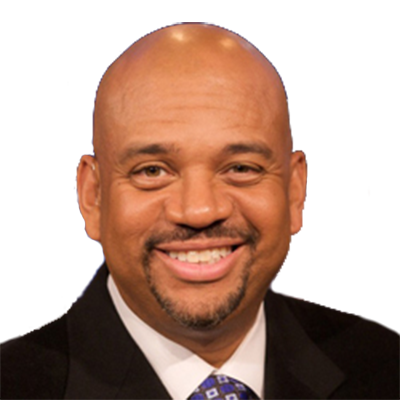 Michael Wilbon
Michael Wilbon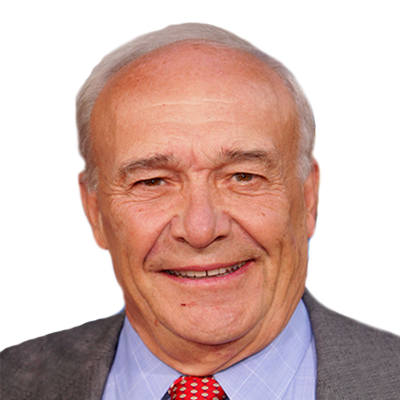 Bill Nack
Bill Nack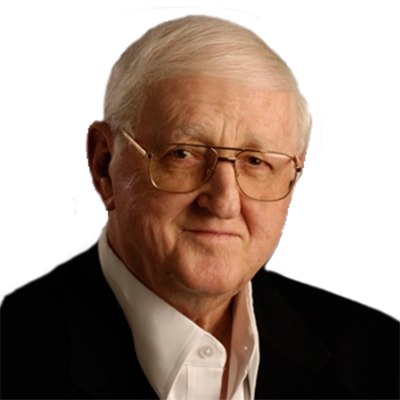 Dan Jenkins
Dan Jenkins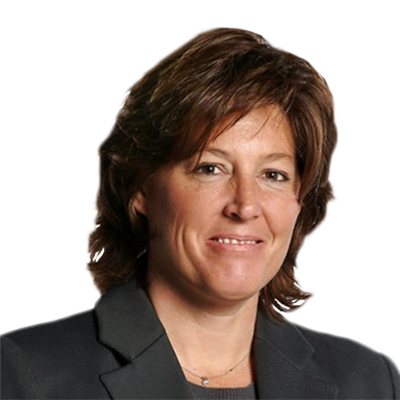 Sally Jenkins
Sally Jenkins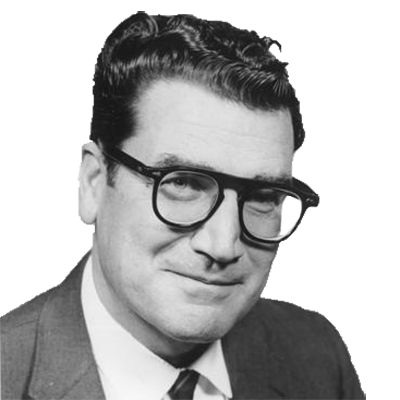 Jim Murray
Jim Murray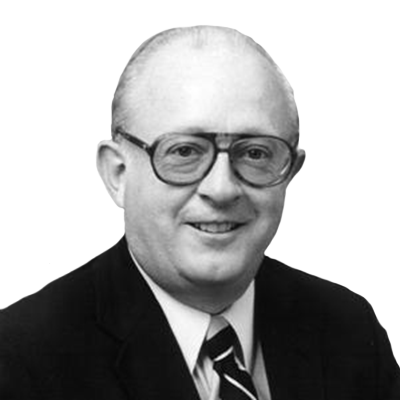 Dave Anderson
Dave Anderson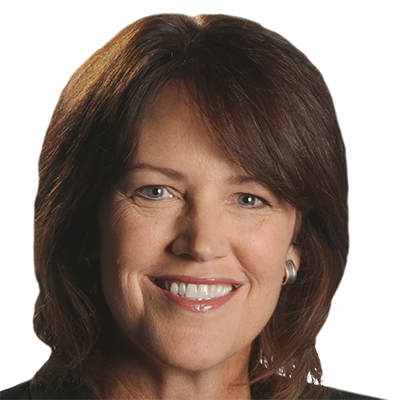 Christine Brennan
Christine Brennan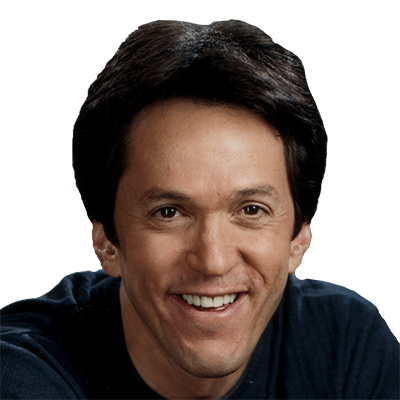 Mitch Albom
Mitch Albom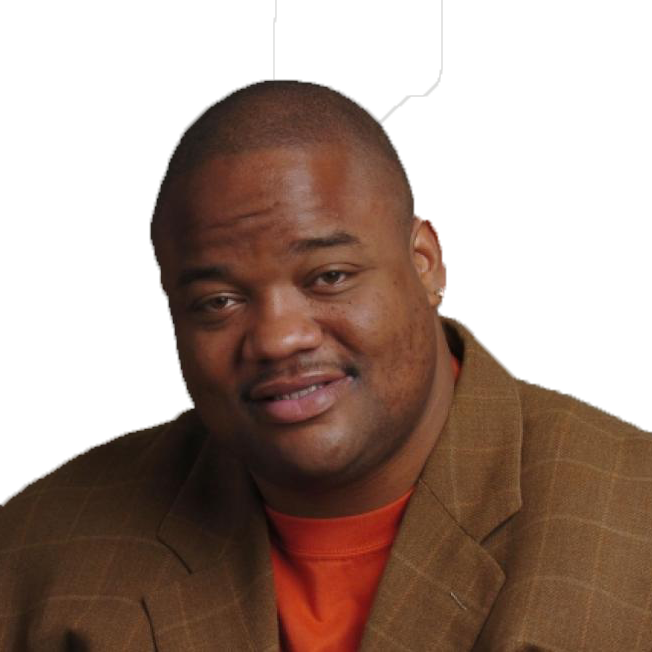 Jason Whitlock
Jason Whitlock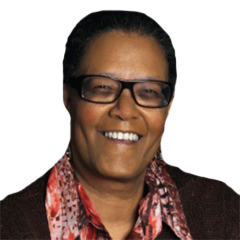 Claire Smith
Claire Smith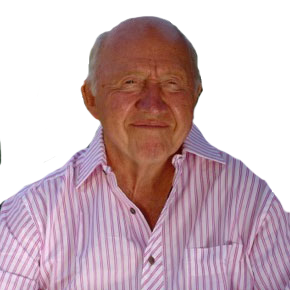 Bud Collins
Bud Collins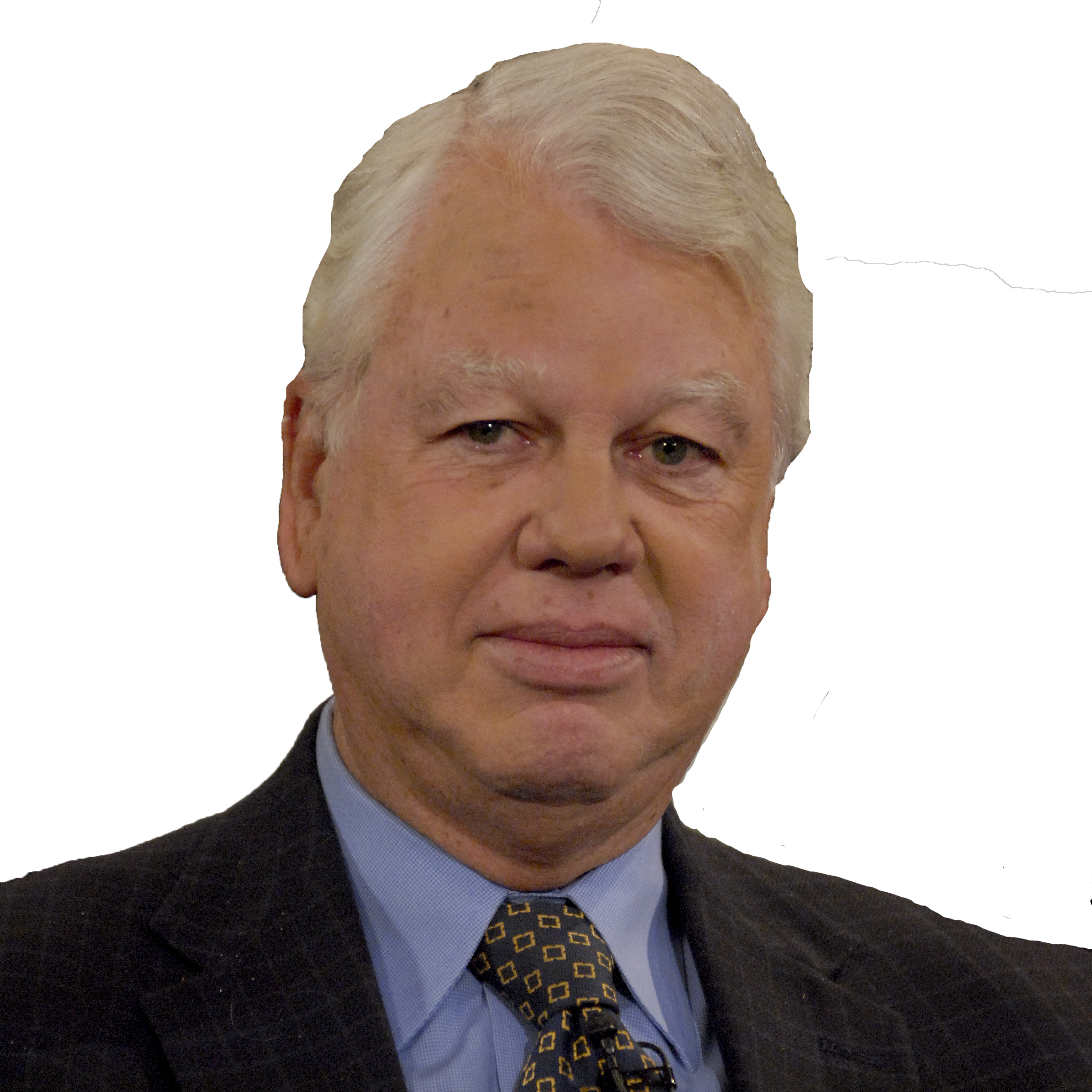 Bob Ryan
Bob Ryan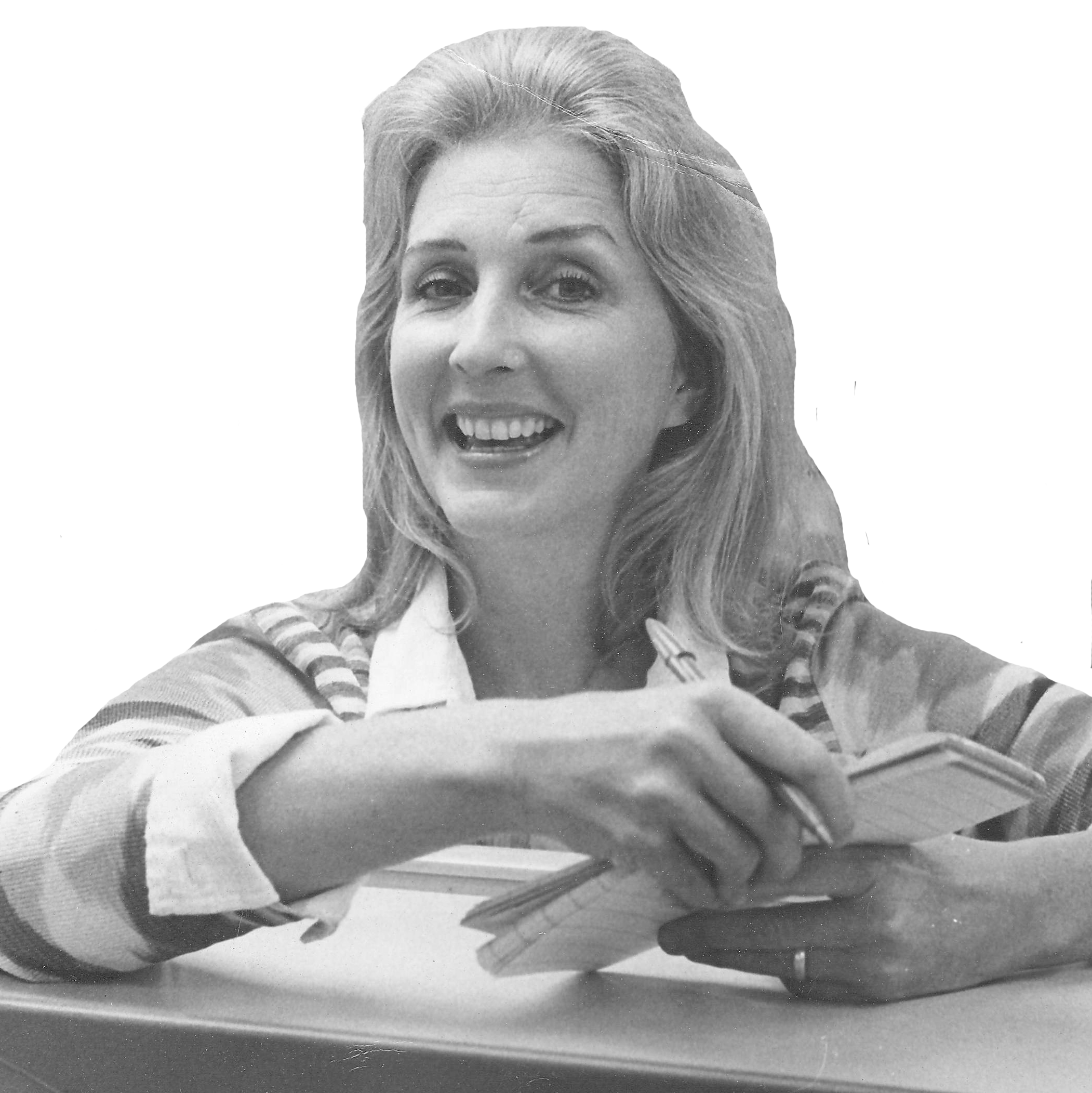 Joan Ryan
Joan Ryan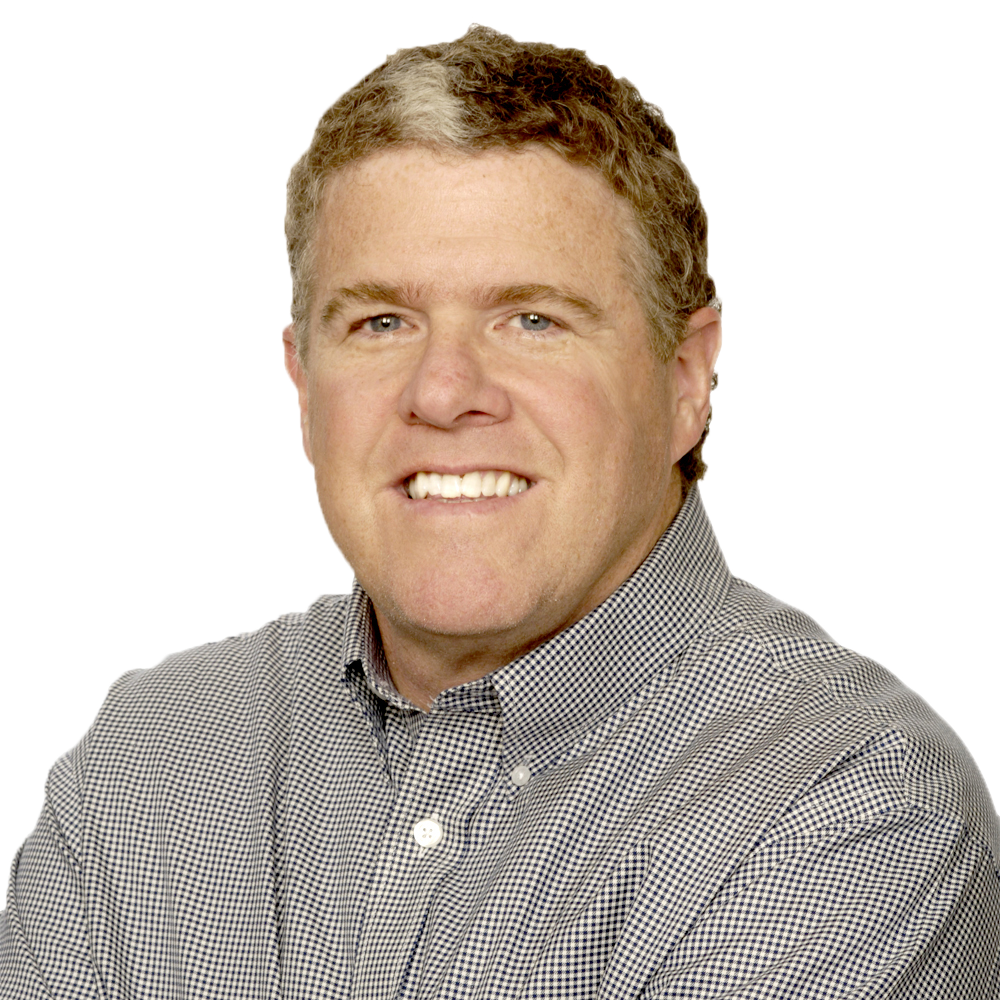 Peter King
Peter King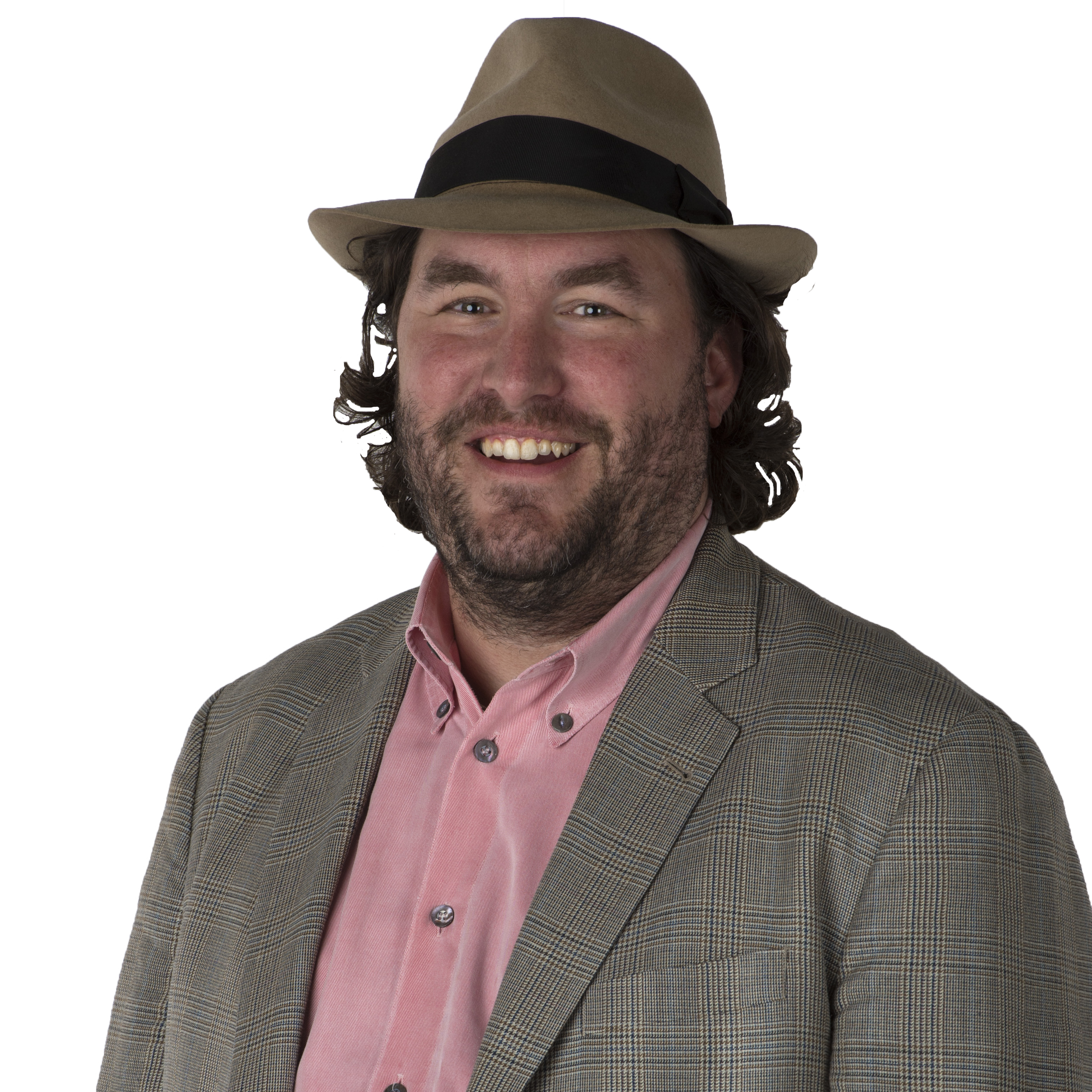 Wright Thompson
Wright Thompson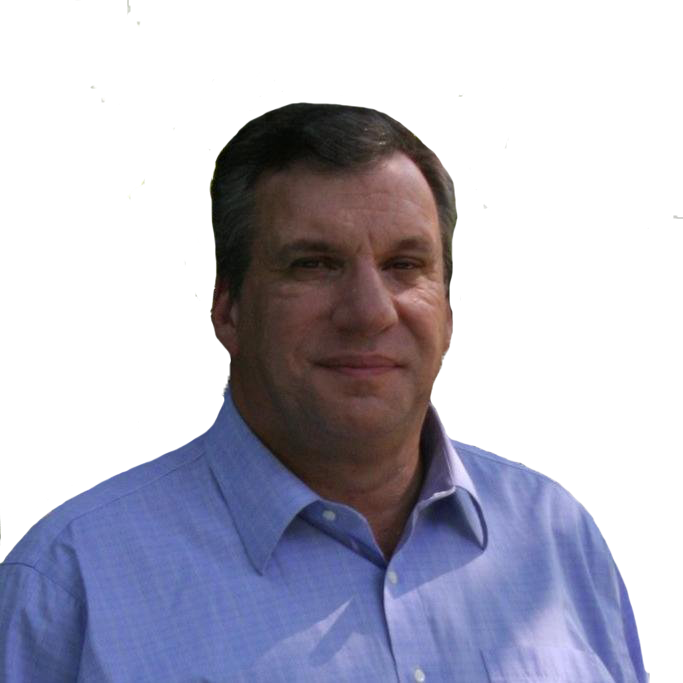 John Feinstein
John Feinstein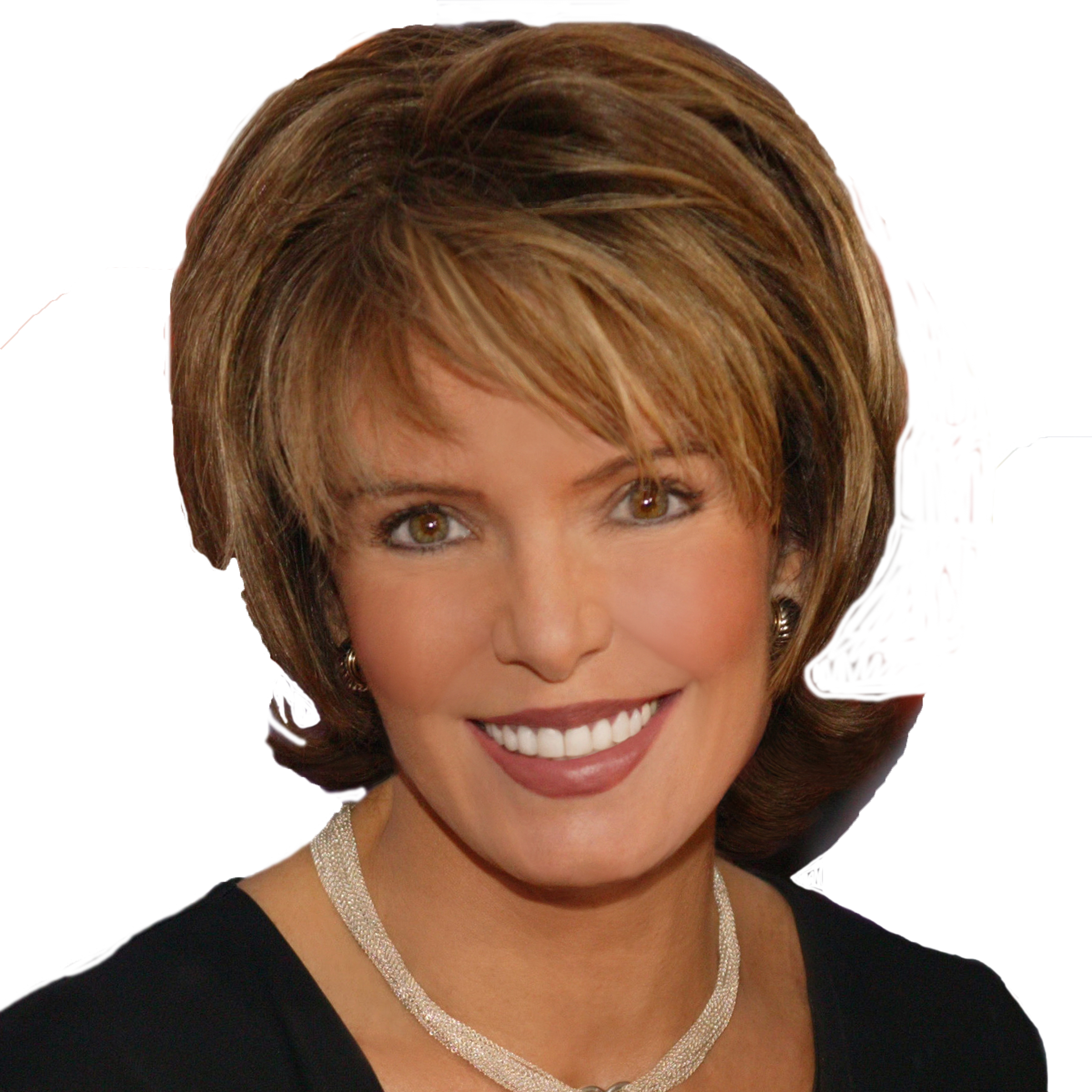 Lesley Visser
Lesley Visser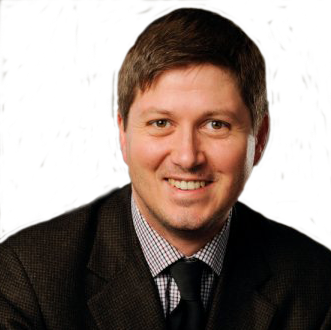 Will Leitch
Will Leitch Tim Kurkjian
Tim Kurkjian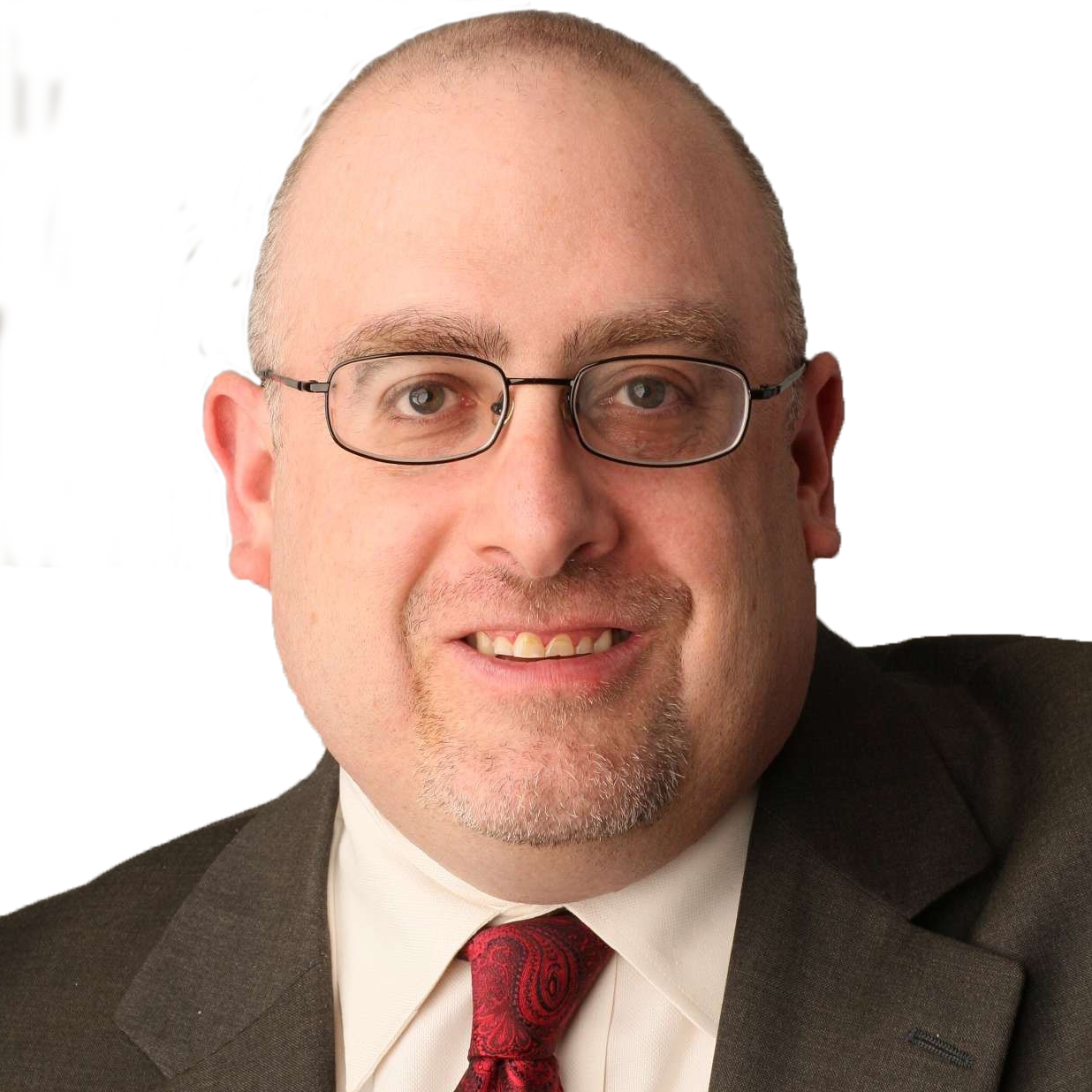 Joe Posnanski
Joe Posnanski
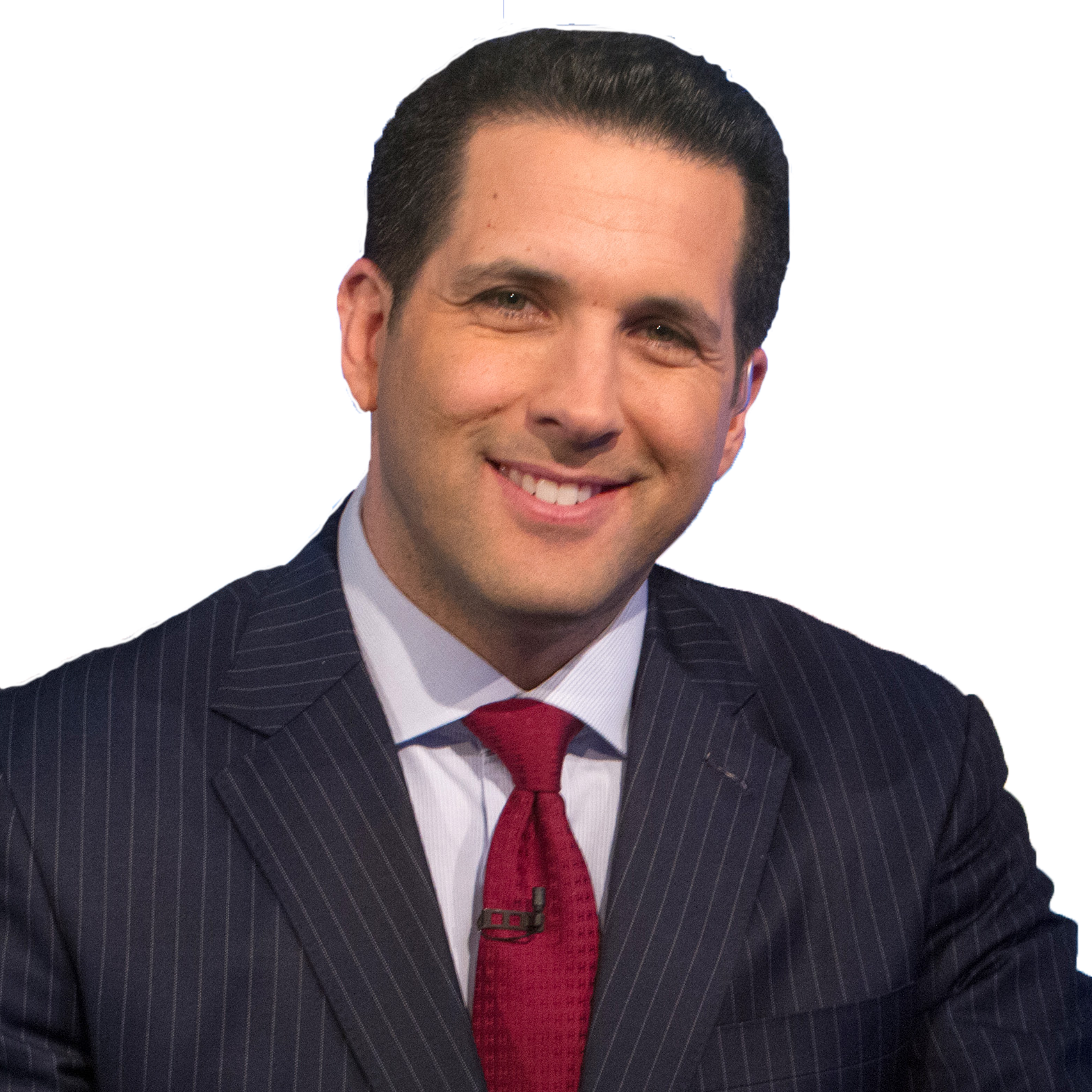 Adam Schefter
Adam Schefter
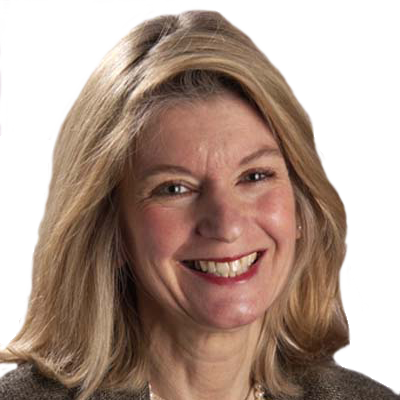 Terry Taylor
Terry Taylor
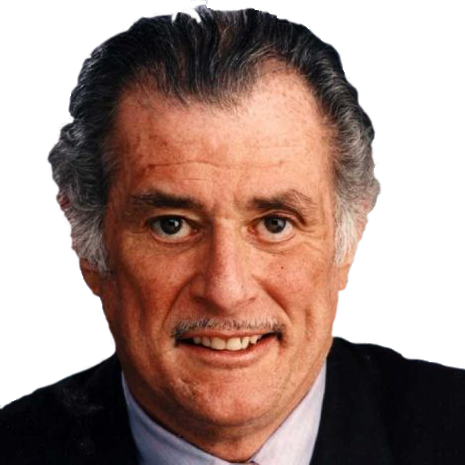 Frank Deford
Frank Deford
 Tom Boswell
Tom Boswell
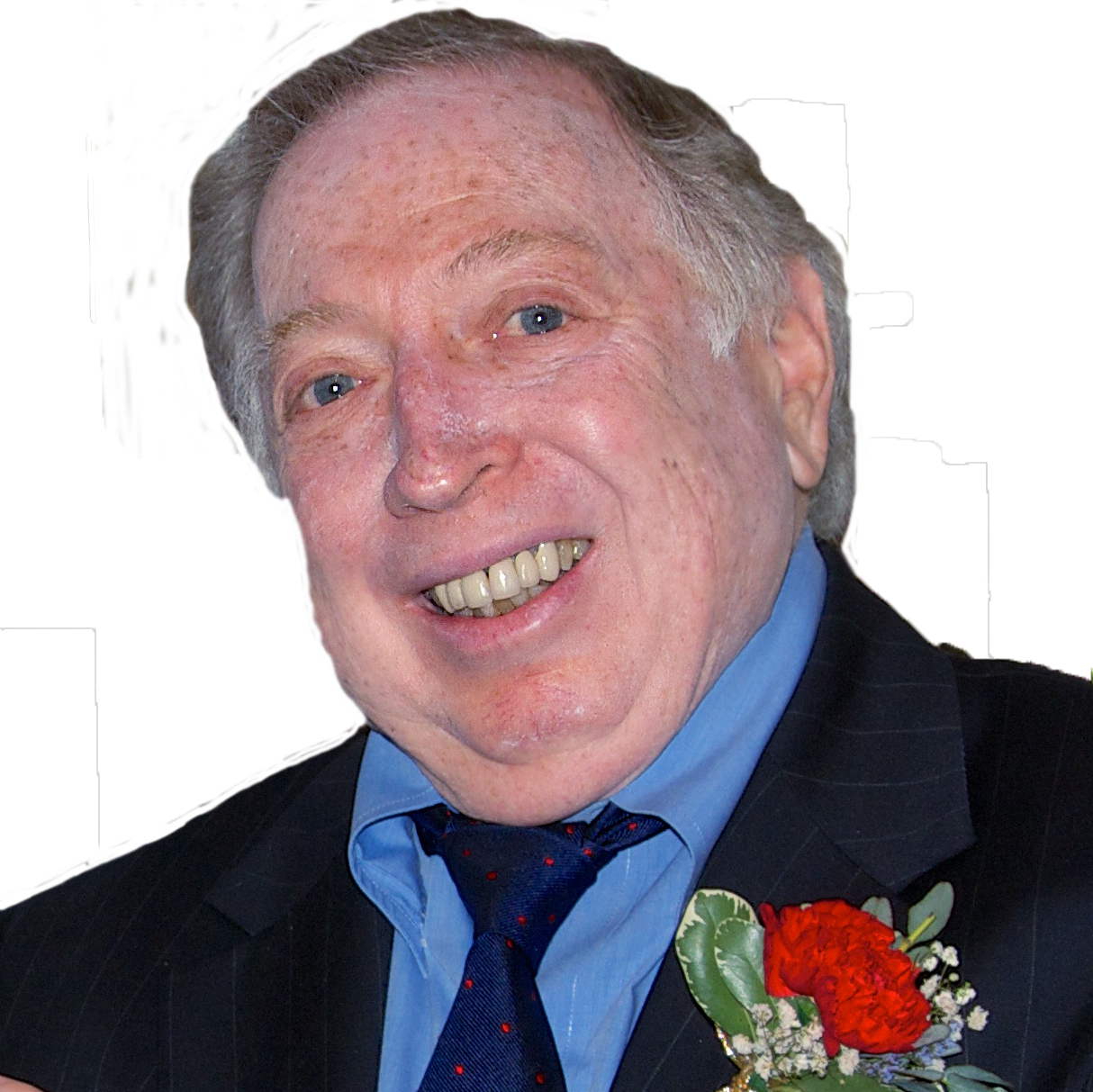 Neil Leifer
Neil Leifer
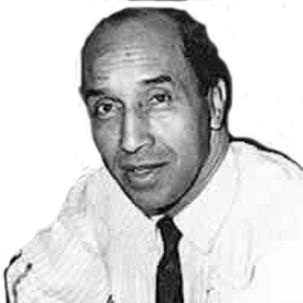 Sam Lacy
Sam Lacy
 Jane Leavy
Jane Leavy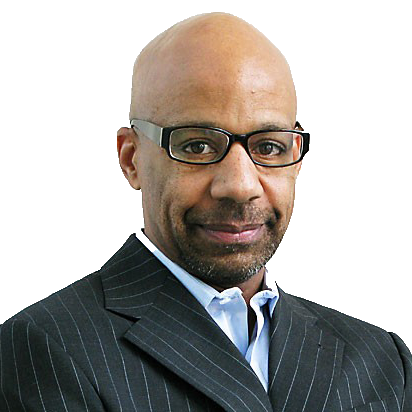 Kevin Blackistone
Kevin Blackistone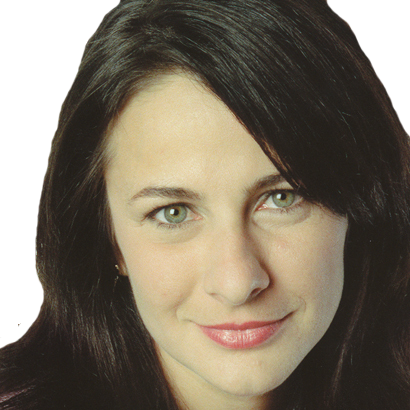 Juliet Macur
Juliet Macur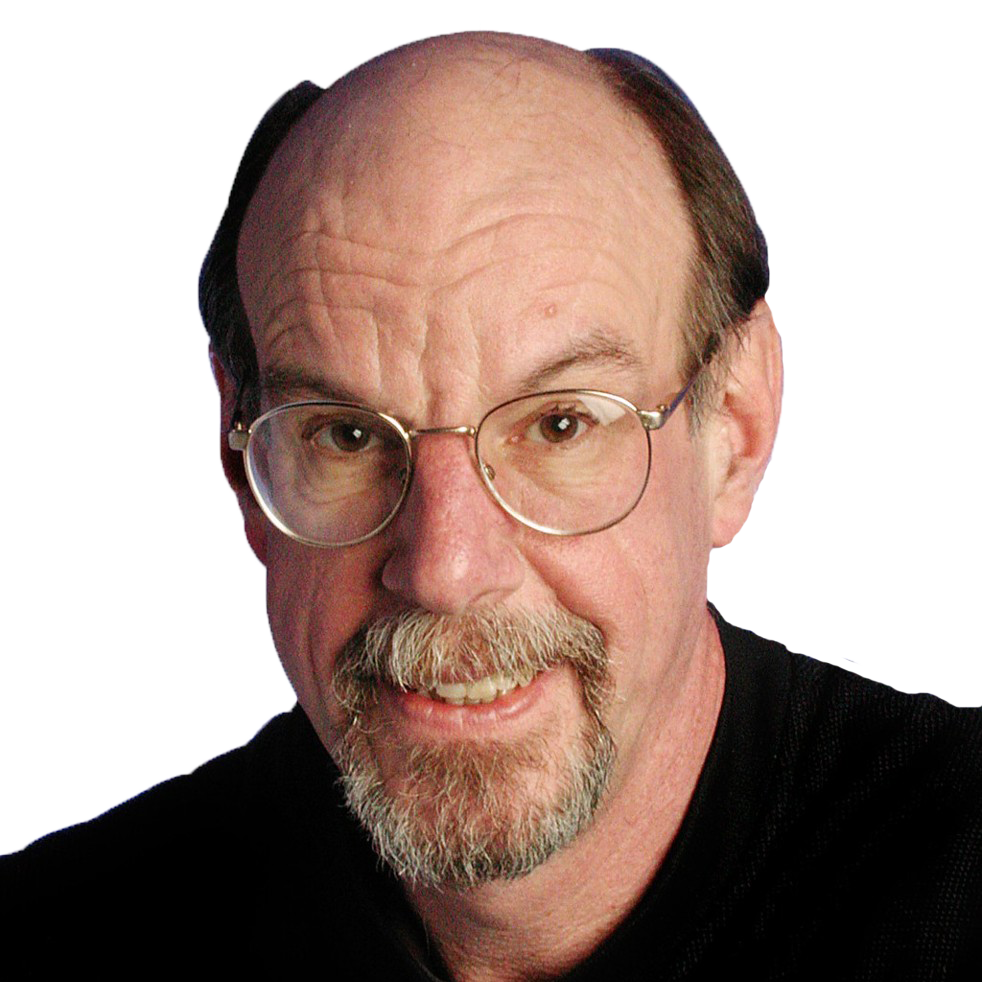 Andrew Beyer
Andrew Beyer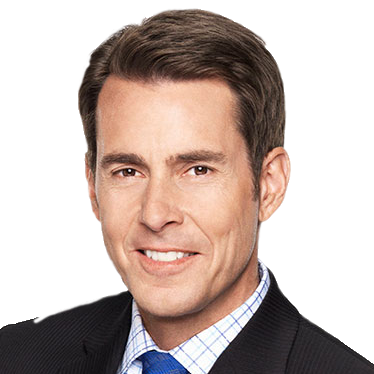 Tom Verducci
Tom Verducci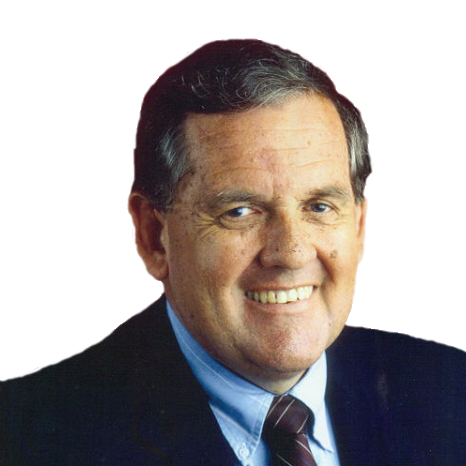 Hubert Mizell
Hubert Mizell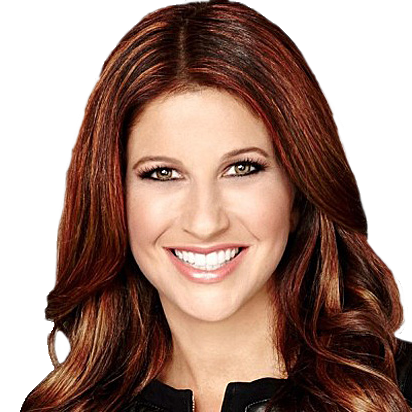 Rachel Nichols
Rachel Nichols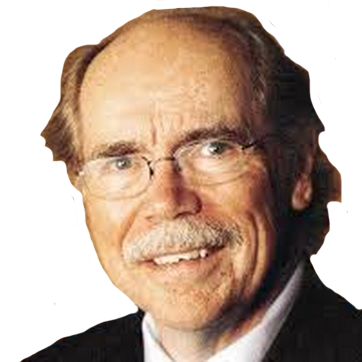 Dave Kindred
Dave Kindred Mike Lupica
Mike Lupica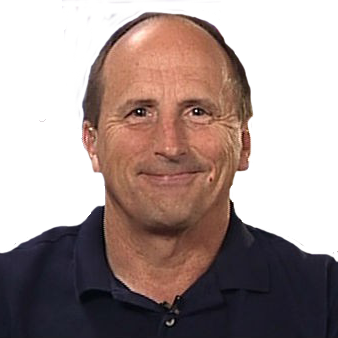 Richard Justice
Richard Justice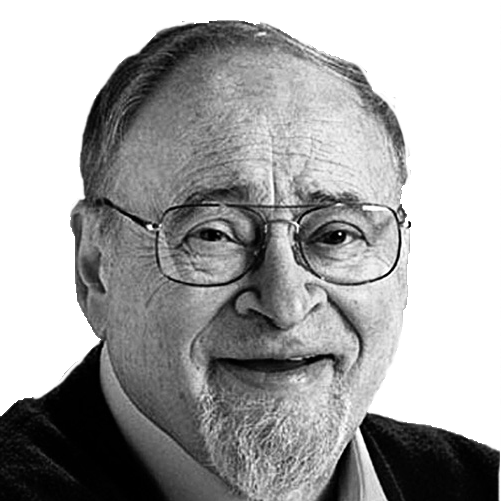 Jerry Izenberg
Jerry Izenberg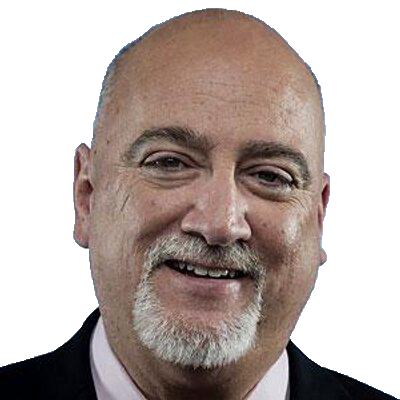 Bill Plaschke
Bill Plaschke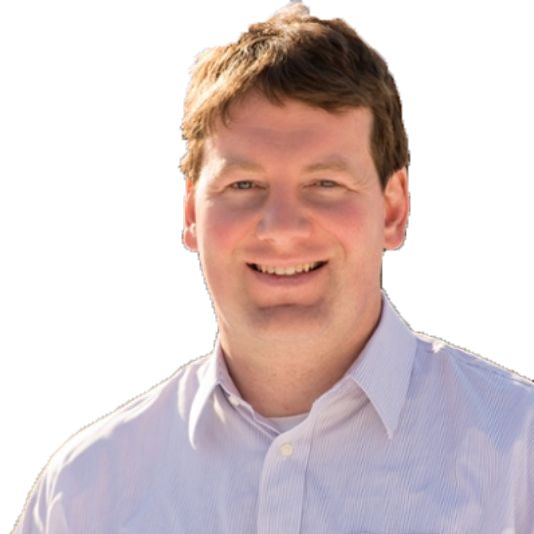 Kevin Van Valkenburg
Kevin Van Valkenburg George Vecsey
George Vecsey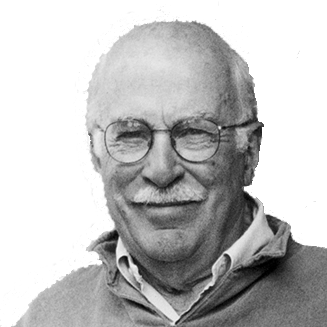 Roger Angell
Roger Angell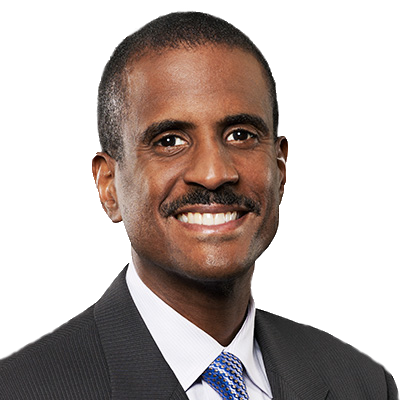 David Aldridge
David Aldridge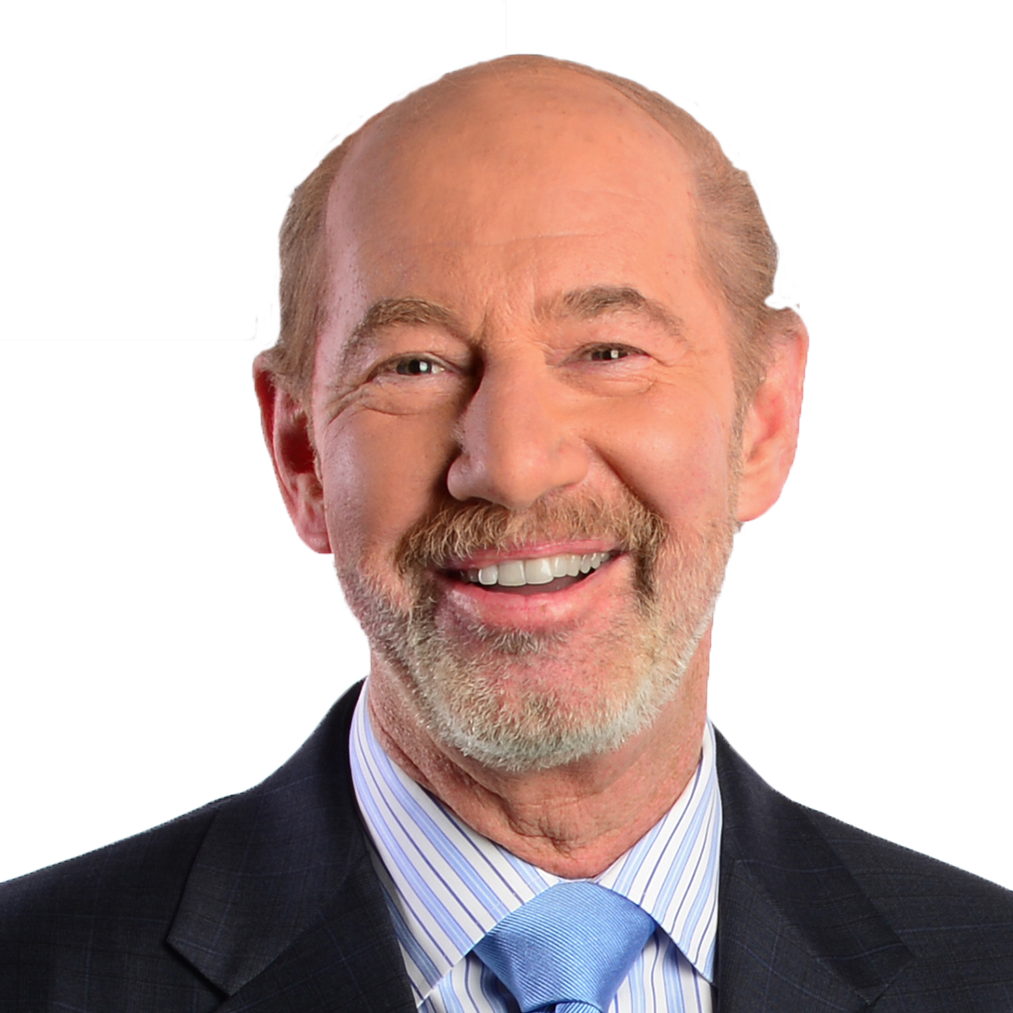 Tony Kornheiser
Tony Kornheiser Jackie MacMullan
Jackie MacMullan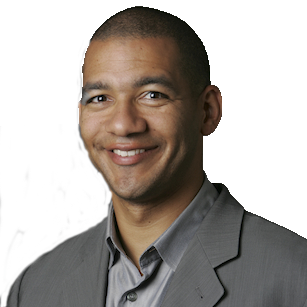 J.A. Adande
J.A. Adande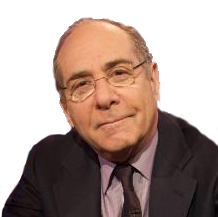 Robert Lipsyte
Robert Lipsyte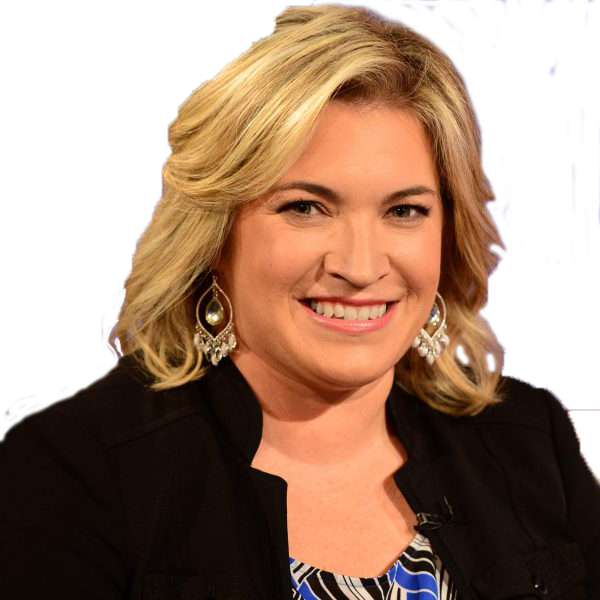 Ramona Shelburne
Ramona Shelburne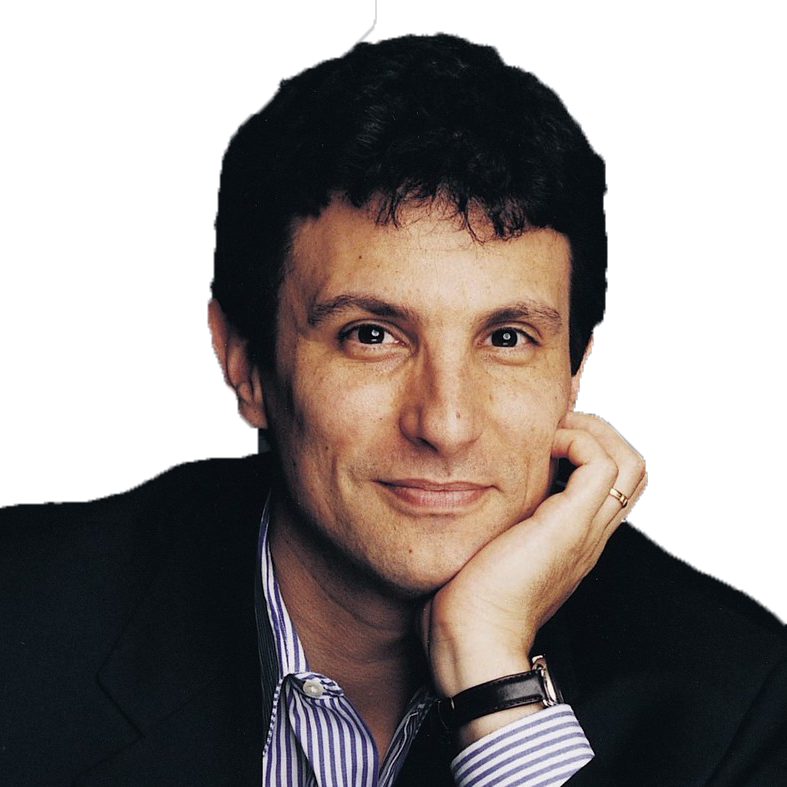 David Remnick
David Remnick Bryan Curtis
Bryan Curtis Chuck Culpepper
Chuck Culpepper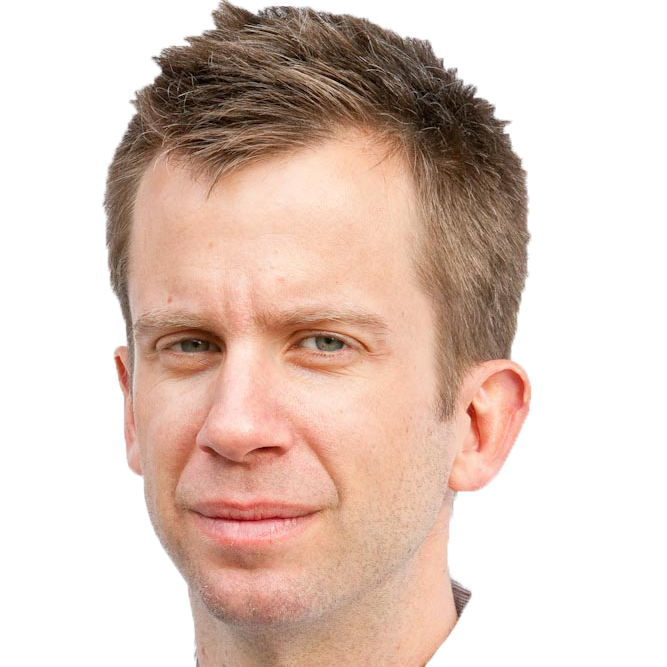 Jason Gay
Jason Gay Heidi Blake
Heidi Blake Dan Steinberg
Dan Steinberg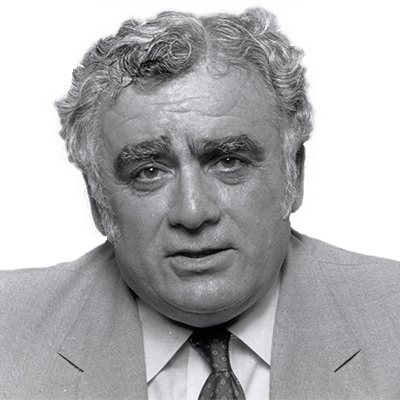 Jerome Holtzman
Jerome Holtzman Barry Svrluga
Barry Svrluga

